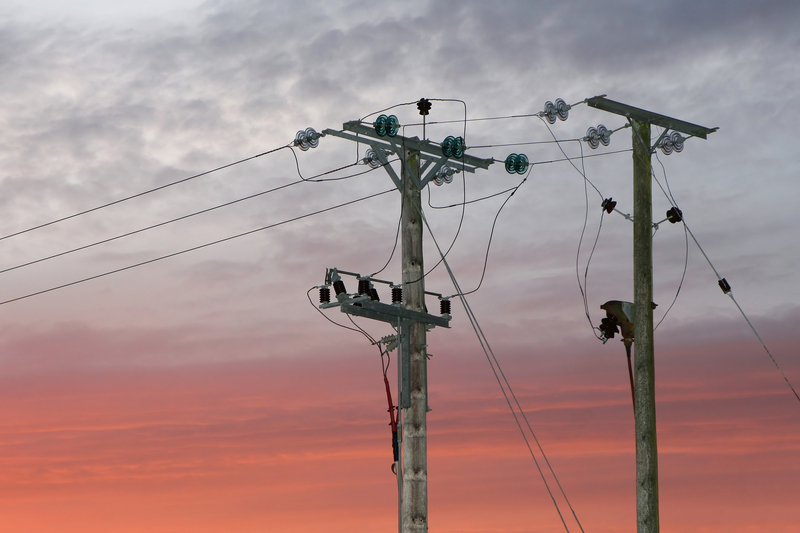This article is your complete guide to understanding your basic utilities. Utilities are services that connect your home or small business to a larger, usually government-provided service that keeps your property functioning. These services can range from power and water to heating and cooling your home. So no matter if it’s your first or twelfth time dealing with utilities, we will cover exactly what utilities are and how to save money on them!
Here at The Energy Professor, we want to give you the information you need to save money on your energy bill and also become more energy efficient. We hope find this post helpful and make it easier for you to know more about what are considered utilities. Be sure to also check out our one-of-a-kind energy savings calculator!
The Energy Professor Electricity Rate Check Tool
What are Utilities?
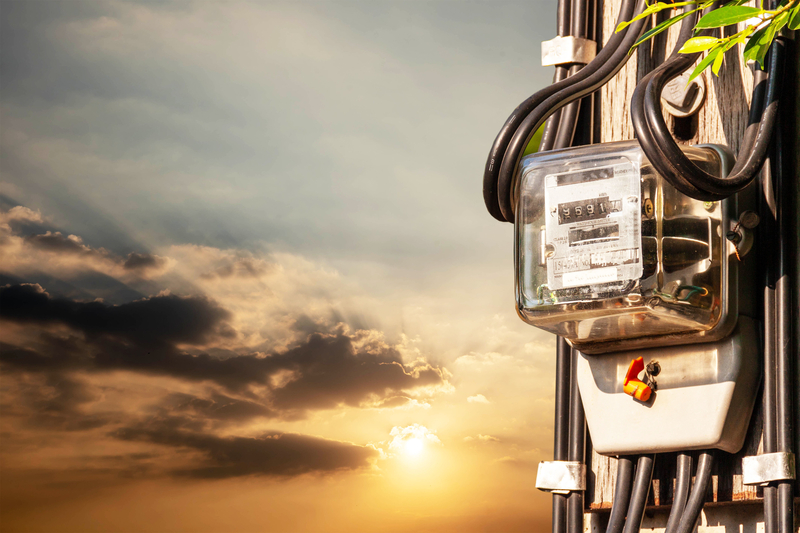
Utilities are services that connect your individual property to a larger, usually government-provided service. These services are typically available to the entire city. In certain circumstances, basic utilities are required before you even move in or sign a lease. You find this common when acquiring utilities for an apartment. Knowing what utilities are is important for many reasons. But saving and prioritizing your finances is a top priority for us here at The Energy Professor. Below we will list the common utilities examples for property owners before we dive in.
What are Considered Utilities?
- Water
- Sewage
- Gas
- Electric
- Cable/Internet
- Trash/Recycling
- Phone
- Security
The most common utilities in apartments and homes that most people know about are water and electricity. This type of example requires you to have an active account before you move in. But, many other utilities come with owning property that we will get into in our guide. So keep reading to learn what are the necessary utilities.
Related Post: Complete Guide on Light Bulb Recycling
What are the Most Common Utilities?
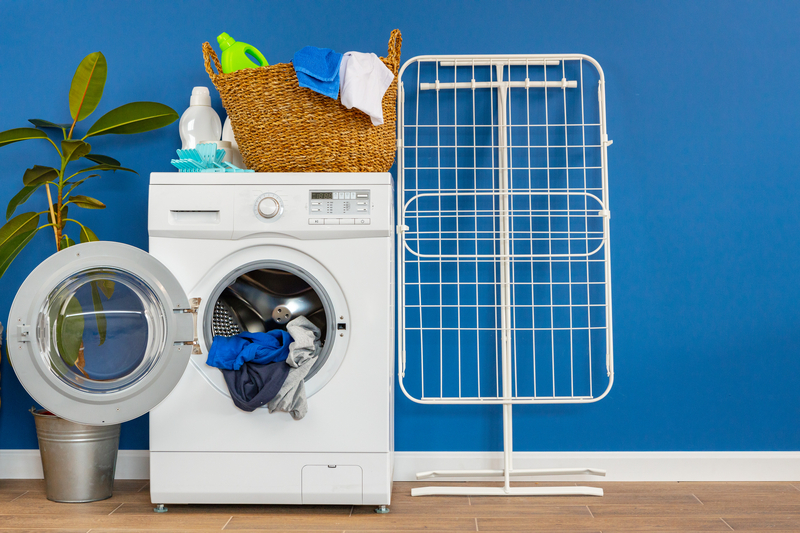
If you are signing up for utilities in a house, the first step is to ask the realtor or city what is needed before moving in. But for utilities for apartments, while the utilities will typically be the same, you’ll need to ask the landlord. The property manager can let you know what is covered in your rent vs what you have to pay as a utility. The house utility bill is entirely covered by the homeowner, and all services typically have to be contracted and managed by the homeowner.
- Water/Sewer
- Trash/Recycling
- Electric/Gas
- Cable/Internet/Phone
Water and sewer house utilities
All homeowners are responsible for setting up their local water and sewage services to have a properly functioning home. Depending on where you live, the rules for how or when you pay for water or sewer can be completely different. Typically, the usage of water is measured by a meter in your home, which is then reported to your local municipality or utilities service for a bill.
Certain states or areas are not required to pay for water utilities and others have seasonal rates, flat rates, or usage-based rates.
Trash and recycling
All trash and recycling taken from your house has to be processed by city waste management and is considered a utility in a home. The curbside collection comes with a fee and has different rates depending on where you are located and what your local government has set. This is usually a small monthly fee.
Electric and gas home utility bill
Anything that requires power in your home, whether it be your heating system or your TV will require energy. To get those services to your house, whether it be natural gas for heat in the winter or an electric supply for your appliances, it will cost you money. Electricity is probably the most essential on the utilities list and will most likely cost you the most depending on how much energy you use.
Cable, internet, and phone – utility bills example
This section of house utilities is not typically essential or required to have a functioning home. They are among some of the most common utilities as we are moving toward an internet-based world, so it is important to include them in your budgeting list. All three services can usually be bundled and found from local service providers in your area.
Related Post: Complete Guide to the Best Time to Do Laundry
What Utilities Do I Need for an Apartment?

Utilities in an apartment are slightly different than in a home because tenants aren’t always responsible for certain bills and can split costs with landlords or other tenants. Landlords can sometimes use apartment utilities as a means to stay competitive in the market, such as offering free wifi or trash services included with your rent. That’s why if you’re apartment hunting you should ask what utilities in an apartment are covered and what you’re responsible for.
Common Utilities for Apartments
- Water/Sewer
- Electricity
- Natural Gas
- Internet/Cable/Phone
- Trash
Related Post: Complete Guide on Solar Leasing
How Much Do Utilities Cost?
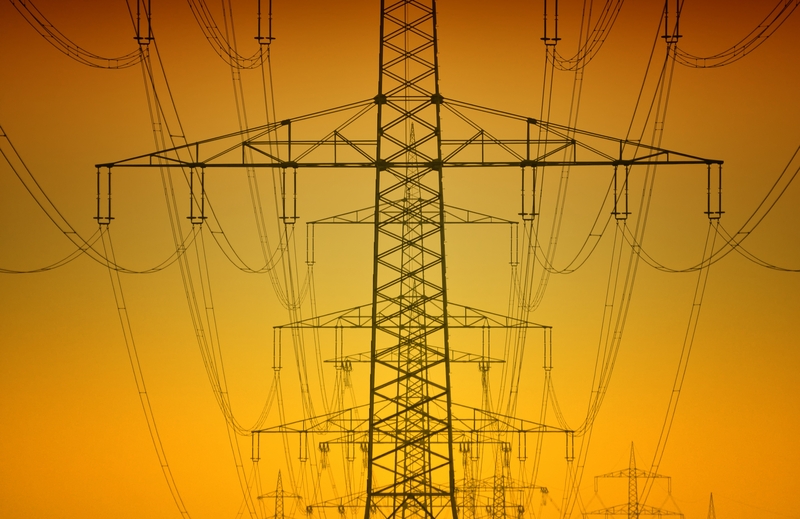
Each utility is typically managed with different contracts, rates, and pricing. Each community has its own set of providers, and the state you live in might determine what your rates are for electricity, water, trash, and more. That is why it is important to note that the average pricing for utilities could change VASTLY depending on the size of your house, where you live, how many people are in your home, and more.
Some areas have open electricity markets, which allow you to shop around for the cheapest pricing, while others are closed and force you to go with one electric company. Either way, electricity will always be the highest utility cost for those renting or homeowners, and trash, recycling, and water tend to be on the lower side. Check your electricity rates here to see if you’re overpaying for electricity.
Related Post: How to Calculate Electricity Cost
Tips and Tricks for Saving on Basic Utilities
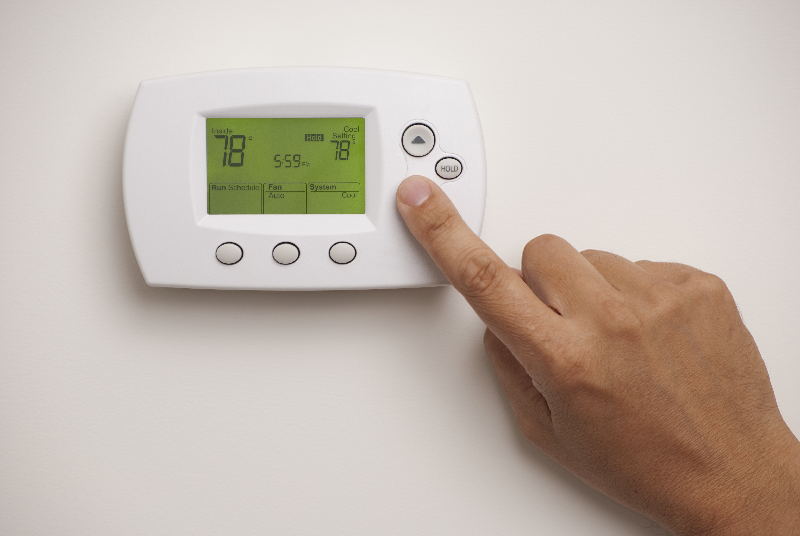
Now that we know exactly what utilities are, we can talk about how you can save on them as a home, apartment, or business owner. Utility expenses can be what make or break your choice on an apartment or home and using these tips can help you save money! Luckily, there are straightforward changes you can make daily to bring down utility costs and save on energy.
- Switch out your inefficient lightbulbs to LED bulbs – LED bulbs last about 20 times longer and use a fraction of the energy traditional bulbs use.
- Replace and repair old appliances – Older appliances that don’t work properly only drag energy and cost you more. Make sure to upgrade to energy-efficient appliances that work well, it’ll save you a ton.
- Change all air filters regularly – Clogged air filters don’t allow your HVAC system to run efficiently, costing you more money.
- Make sure your home is properly insulated – If you have a drafty home, it costs much more energy to consistently raise the drafty temperature than just maintaining it. An insulated home keeps your set temperatures longer, which saves you money in the end.
- Turn off appliances and tech – Standby mode is a vampire of energy and can drain your electricity without you even knowing. Make sure to unplug any appliance that might draw power while off if you aren’t using it.
If you’re looking for other ways to save on your electric bill, here is our complete guide to the best electricity-saving devices for homes.
What are Utilities FAQ
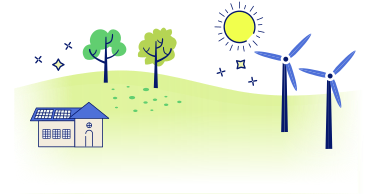
Q: Is the phone considered a utility?
A: When looking at house utilities, the phone bill is considered a utility, even though it is not essential. Apartments and homeowners usually bundle together their phone, cable, and internet utilities with their local service.
Q: Is water considered a utility?
A: Yes, water is considered a utility in apartments, homes, and businesses. Water is one of the most common utilities you will find that are required to be set up for a functioning household.
Q: Is trash considered a utility?
A: Yes, trash is considered a utility. Apartments typically have a monthly fee that is built into their rental price which is determined by the landlord. Homeowners will have to find out from their local trash collector what is required of them to use the service.
Q: Is cable a utility?
A: Does cable count as a utility? Yes, while not essential, cable is a utility bill that most home or apartment owners can get through a local service provider.
Q: Does wifi count as a utility bill?
A: Wifi does count as a utility, and whether you live in a home or apartment might determine how much you pay for it. Certain apartments require you to get wifi through them, which can have a lot of limits on what you can do. If you are a homeowner, you are responsible for getting the wifi services set up at your home.
Q: What companies are in the public utilities field?
Do you Need Cheaper Electricity?
If you’ve taken the time to understand the information on your bill and discovered you’re paying more than you’d like for your electricity, have you looked around for a cheaper deal? The Energy Professor has a wealth of information on ways to save on your utilities, including details of top deals that could significantly reduce your monthly or quarterly electricity bills.
We hope you found this article helpful! If you are looking for ways to increase the energy efficiency and sustainability in your home be sure to take a look at all of the latest renewable energy options in your area. The Energy Professor helps residential and small business owners find qualified energy suppliers in New York, New Jersey, Pennsylvania, Texas, Ohio, Maryland, Illinois, and Massachusetts

